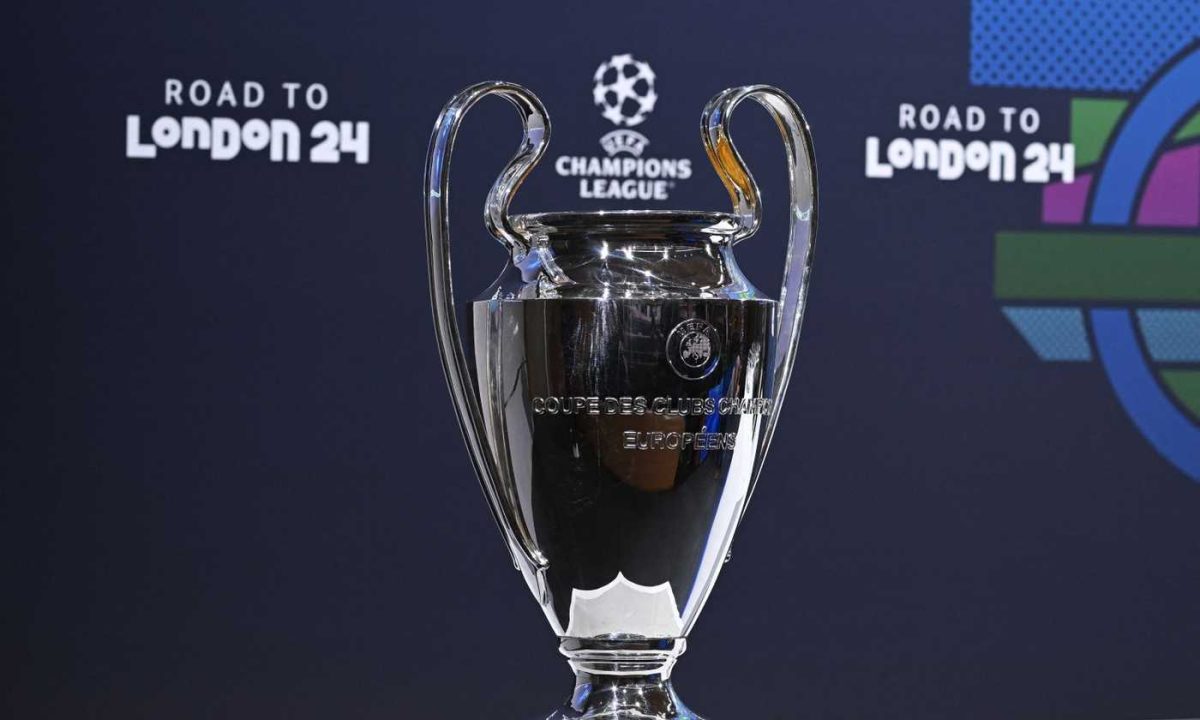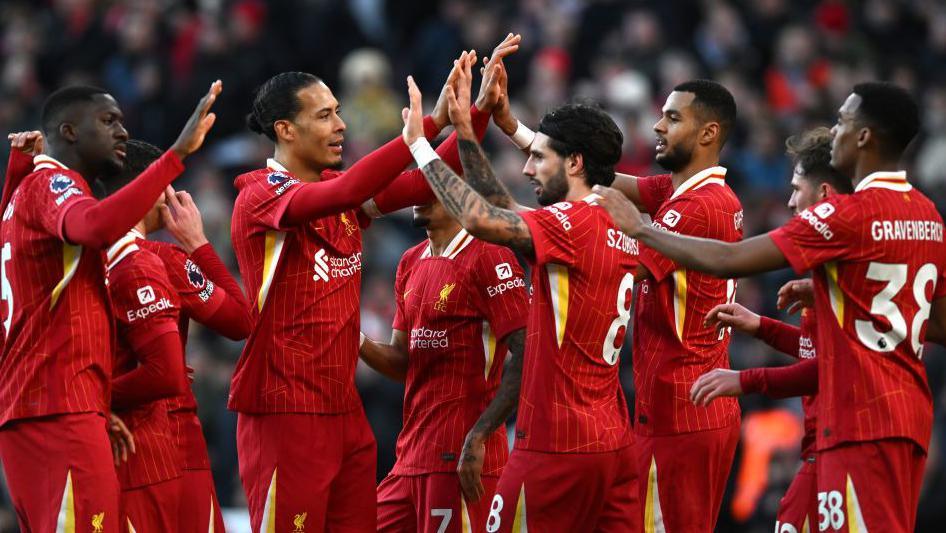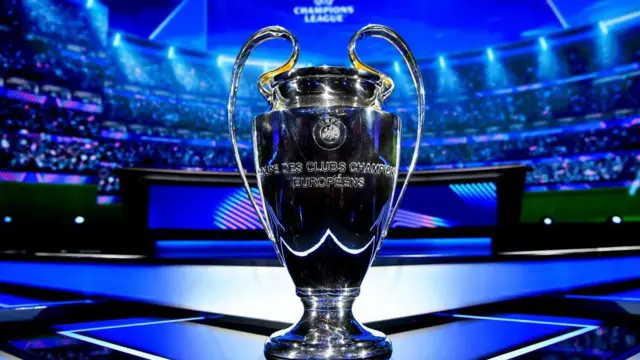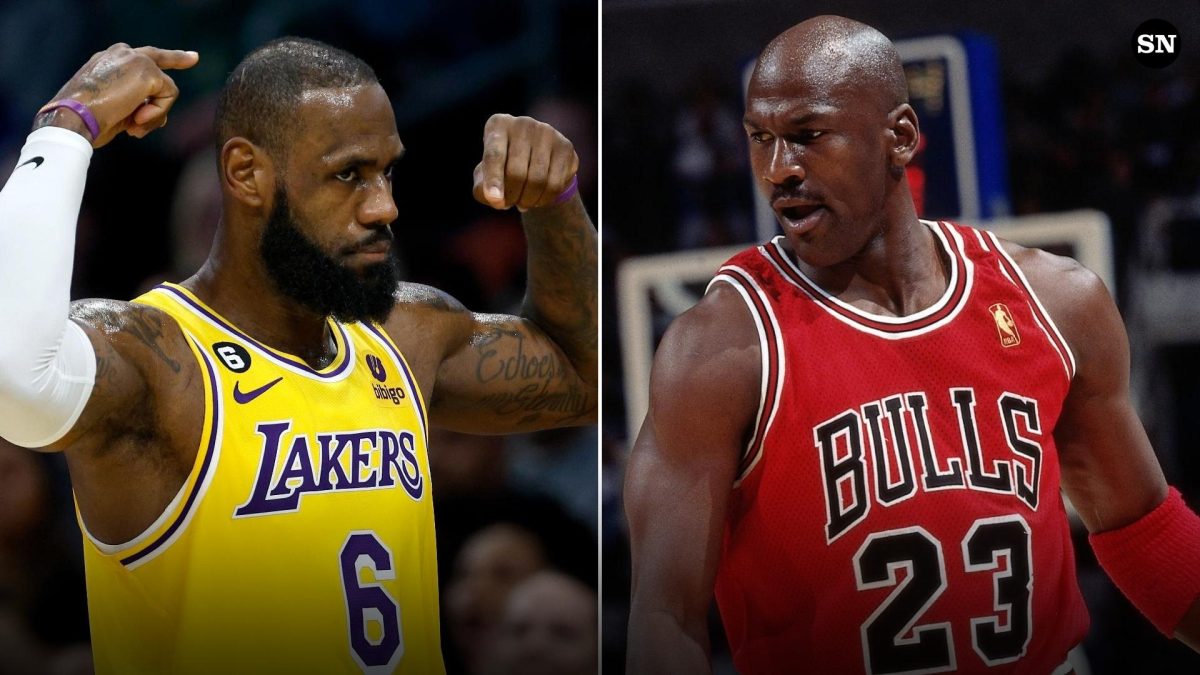The Union of European Football Associations (UEFA) hosts the annual Champions League, where top teams from European leagues compete for the prestigious cup. Last year’s winners were Real Madrid CF, securing their 15th title after defeating Borussia Dortmund at Wembley Stadium. This season, however, UEFA introduced significant changes to the competition’s structure, and fans are eager to share their thoughts and predictions.
This year’s major change is the introduction of the league phase and the expansion of the competition to 36 teams. In previous seasons, teams were divided into four pots based on UEFA’s rankings and placed in groups of four. Each team played the other three teams in its group twice, with the group winners qualifying for the round of 16, while second-place teams went into playoffs. Third-place teams moved to the Europa League, while those finishing last were eliminated. This system, used for years, has now been overhauled.
In the new format, teams are still drawn from four pots but now face four new teams instead of three, playing eight matches (four home, four away). The competition operates in a league-like structure where all teams compete for points. The top eight teams advance directly to the round of 16, while teams ranked 9th to 24th enter playoffs. Teams finishing in places 25 through 36 are eliminated, without the option of dropping into the Europa League as before. Many fans are unhappy with the changes.
“I really liked the old group stage because teams only had to focus on their own group, and not on other teams in other groups. Now, with the new league phase, it’s just a mess, and not fair for the lower-ranked teams because they can’t go to the Europa League anymore,” freshman Arya Maroju said.
While some criticize the new structure, others see benefits. The expansion to 36 teams brings fresh competition, with teams facing new opponents for the first time. This season, exciting matchups include Arsenal vs. Paris Saint-Germain (PSG), Manchester City vs. Barcelona, and Liverpool vs. Inter Milan. These fresh contests are seen as adding a new level of intrigue to the tournament.
“I think that the expansion will bring more competition because new teams will be playing each other, so it’ll be interesting to see how that turns out,” junior Surya Maroju noted.
However, the increased number of matches could take a toll on players, as they juggle Champions League games with domestic league and cup competitions. With eight Champions League matches now determining a team’s fate, the strain on players could affect their performance in both European and domestic competitions.
“I feel like it’s harder on the players because it’s way more matches now, it’ll be more tiring. The games will also be less quality because the players won’t have the motivation to play anymore,” junior Yaser Abdullah said.
Fans eagerly anticipate Champions League matchups each year, and this season promises even more exciting encounters. Matches such as Manchester City vs. Inter Milan and Real Madrid vs. Lille are already generating excitement.
“One matchup that I’m excited about is Bayern Munich vs. Barcelona. Last time they played, it was 8-2 Bayern, so I really want to see that happen again,” senior Ibraheem Suhail commented.
The changes to the UEFA Champions League have stirred mixed reactions. While the expanded competition offers new challenges and opportunities, concerns about fairness, player fatigue, and the impact on smaller teams remain. Fans will be watching closely to see how these changes affect the tournament and European football.








